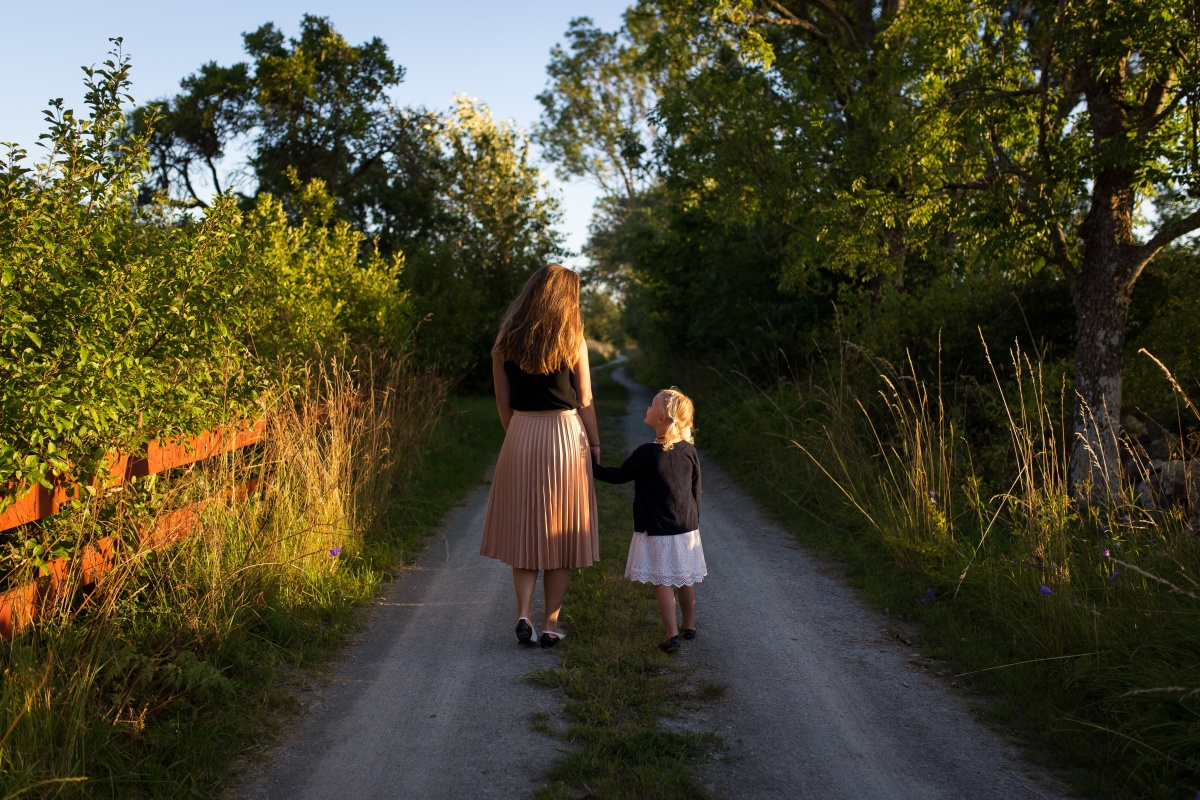
Instead of sitting with my parents through the sanctuary service, I spent most Sunday mornings watching the pastor’s kids in the nursery. That was my church experience as a youth.
At 23, I got married in the sanctuary I’d avoided during my teenage years, and I began searching for a different church for my newly-formed family. Goal: a huge youth ministry. After all, future Daniel and Traci would have a child, and I wanted him to have the youth group I never had. That’s what parents do . . . give our kids what we wanted and never had.
However, when Thomas was nine years old, we decided to pursue a nomadic life on the road. Yes, that’s right. Before our son could enter the amazing youth group at our church—the one we’d purposely picked before his birth—we whisked him away in a 38-foot bus with us.
Instead of forming long-lasting relationships with peers and engaging with experienced student ministry staff, our boy had to trail behind a 38-year old anxious sales guy and a 35-year old insecure introvert. What could possibly go wrong?
The first year spent on the road was bumpy and bruising. As camping newbies, Daniel and I took on roles and responsibilities beyond anything we’d ever known. The learning curve for all-things-RV was steep, and there were new simultaneous stresses, too.
Daniel left corporate America to become an entrepreneur, and I exchanged the role of Room Mom for full-time teacher. And, instead of three people sharing a few thousand square feet of house, we occupied 350-square feet 24 hours a day, every day.
Learning to share space—and one family computer—while launching a business, educating ourselves on homeschooling, and remembering to enjoy the journey was challenging. Thomas’s nuclear family was sometimes indeed nuclear.
The adventurous life both rewarded and exhausted. We loved all the family time, but as the first year of travel came to an end, Daniel and I realized what we had sacrificed. No, we realized what Thomas had sacrificed.
The fun-loving little boy who’d left Indiana now reflected his parents, anxious and insecure. That hadn’t been our plan. If something didn’t change, I was convinced Thomas would end up on Jerry Springer someday.
On a break from traveling, I had coffee with the youth pastor at our Indiana church. She was a close friend, so I shared my concerns and fears including the part about Jerry Springer. Pastor Mandy assured me that Thomas would be okay, but she encouraged me to plug him in with his peers and youth leaders. The connections would be good for all of us.
Her words reminded me why we’d chosen the congregation we did: Doing life in isolation is hard.
Humans were designed to live within community, but I’d let my desire for adventure interrupt the foundational relationships my son would need, the very ones I’d wanted for myself as a teenager.
Youth group involvement became a priority for our family. We still traveled from time to time, however, Thomas never missed a work camp or youth convention. His small group leaders, youth pastors, and other adult volunteers became an ever-widening circle of influence.
The impact and evidence struck me in 2013 during the semester Thomas would graduate from high school. “If you ever needed something and your dad and I were unavailable, who would you call?” I asked. Thomas named a few people. “Yes, but if you had a crisis and couldn’t reach us, who would you go to for help?” Thomas named more people.
My boy was listing his circle from church. Small group leaders. Youth pastors. Thomas listed one by one many of the adult volunteers he’d come to know, those who had for years poured into his life.
Instead of the traditional high school graduation open house celebrating his accomplishment, Thomas invited his circle to a Gratitude Brunch to honor their contribution to his accomplishment. This is what he wanted to say:
Thank you for caring for me.
Thank you for encouraging me.
Thank you for challenging me.
It’s said, “It takes a village to raise a child.” I would say that village is shaped like a circle.



